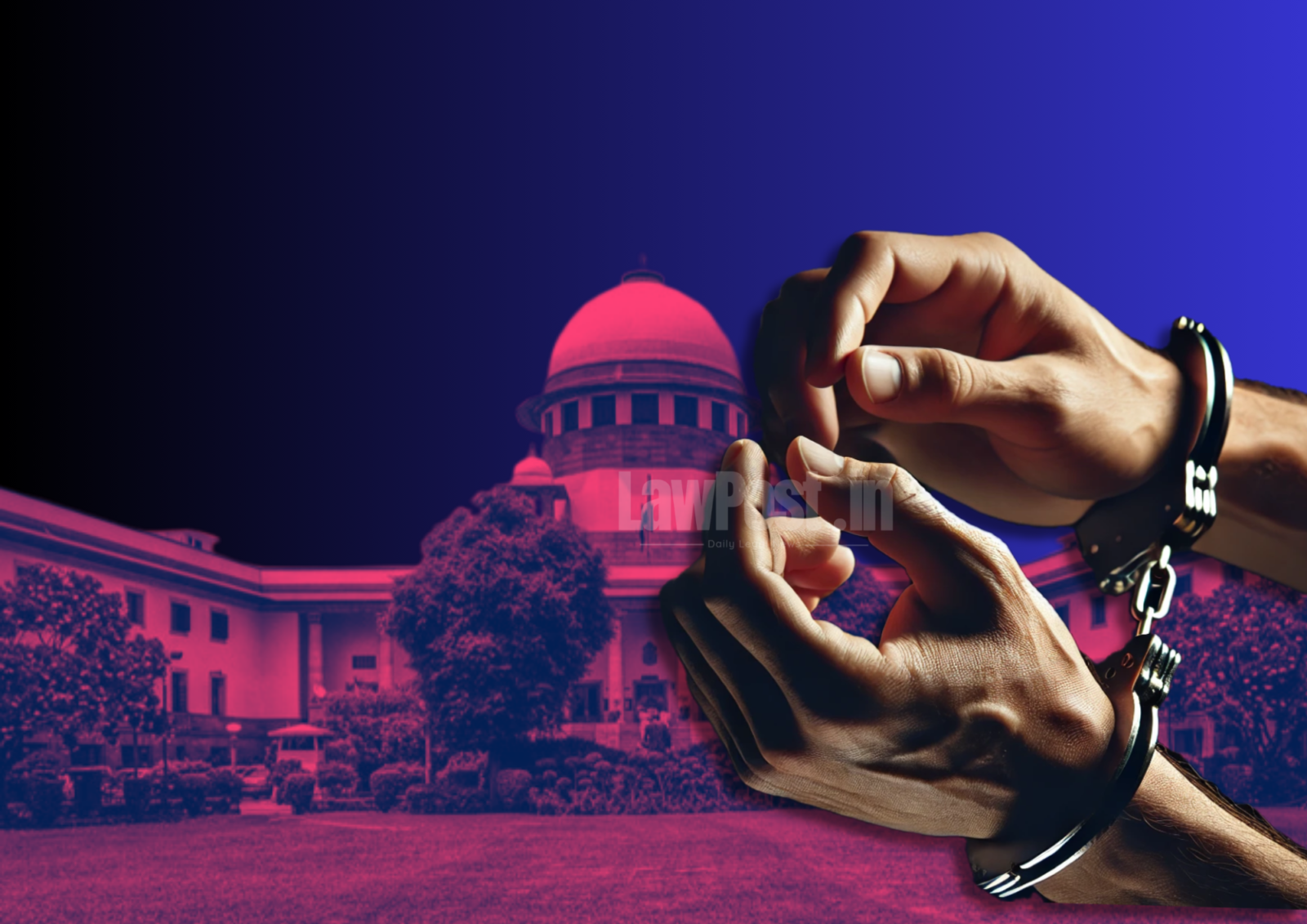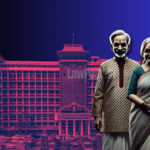In a landmark ruling, the Supreme Court has held that failure to inform an arrested person of the grounds of their arrest renders the arrest unconstitutional, making them eligible for bail despite statutory restrictions.
A Bench of Justices Abhay S Oka and N Kotishwar Singh emphasized that this requirement is a “mandatory requirement of Article 22(1)”, and its non-compliance “vitiates the arrest”, affecting subsequent remand orders.
Key Takeaways from the Ruling
The Court ruled that:
- Arrested individuals must be informed of the grounds of arrest in a language they understand.
- The burden to prove compliance lies with the investigating agency.
- Failure to comply with Article 22(1) violates personal liberty under Article 21.
- Even if an arrest is unconstitutional, the chargesheet and trial remain valid, but filing a chargesheet cannot validate an unlawful arrest.
- Magistrates must verify compliance with Article 22(1) during remand hearings.
- If a violation is established, courts must order immediate release, even if statutory bail restrictions exist.
Police Cannot Make ‘Casual Arrests’
The Court strongly criticized arbitrary arrests under Section 41 of CrPC (now Section 35 of BNSS), clarifying that police officers “cannot casually arrest a person” unless there is “credible information” meeting the statutory conditions.
Shocking Treatment of Accused
The ruling came while granting relief to an accused arrested for cheating, forgery, and criminal breach of trust in Haryana. The Supreme Court found his treatment “shocking”, noting that he was not informed of the grounds of arrest, was kept handcuffed, and was “chained to a hospital bed”.
“This itself is a violation of the fundamental right of the appellant under Article 21… The right to live with dignity is a part of the rights guaranteed under Article 21,” the Court stated.
Punjab & Haryana HC Criticized
The Supreme Court rebuked the Punjab and Haryana High Court for dismissing the accused’s claims as a “bald allegation” without proper scrutiny. “All courts have a duty to uphold fundamental rights,” the apex court stressed.
The accused was ordered to be released from jail, while the criminal trial against him will continue. Additionally, Haryana has been directed to issue guidelines to prevent arrested persons from being handcuffed to hospital beds.
Legal Representation
Senior Advocate Kapil Sibal, assisted by Jasmine Damkewala and Archit Singh, represented the accused. Senior Advocate Sidharth Luthra appeared for the complainant.
Case: Vihaan Kumar vs State of Haryana – Available on LAWFYI.IO








